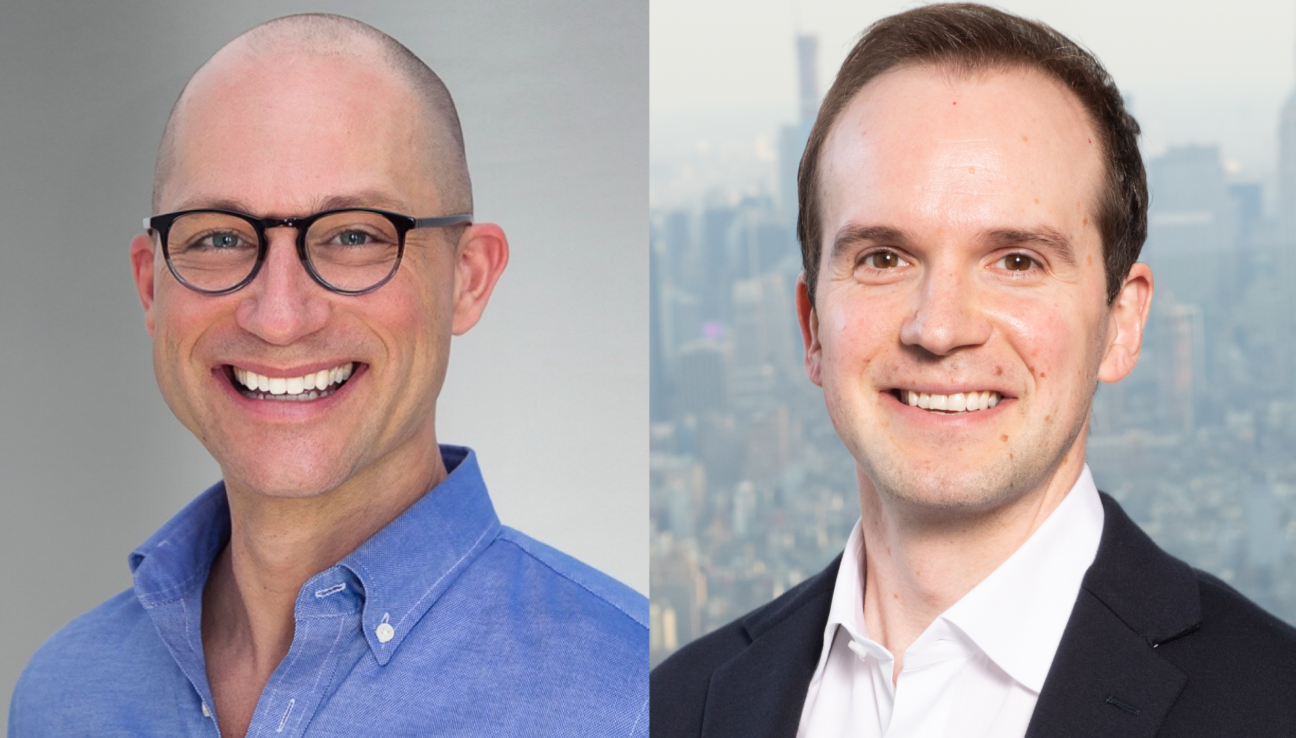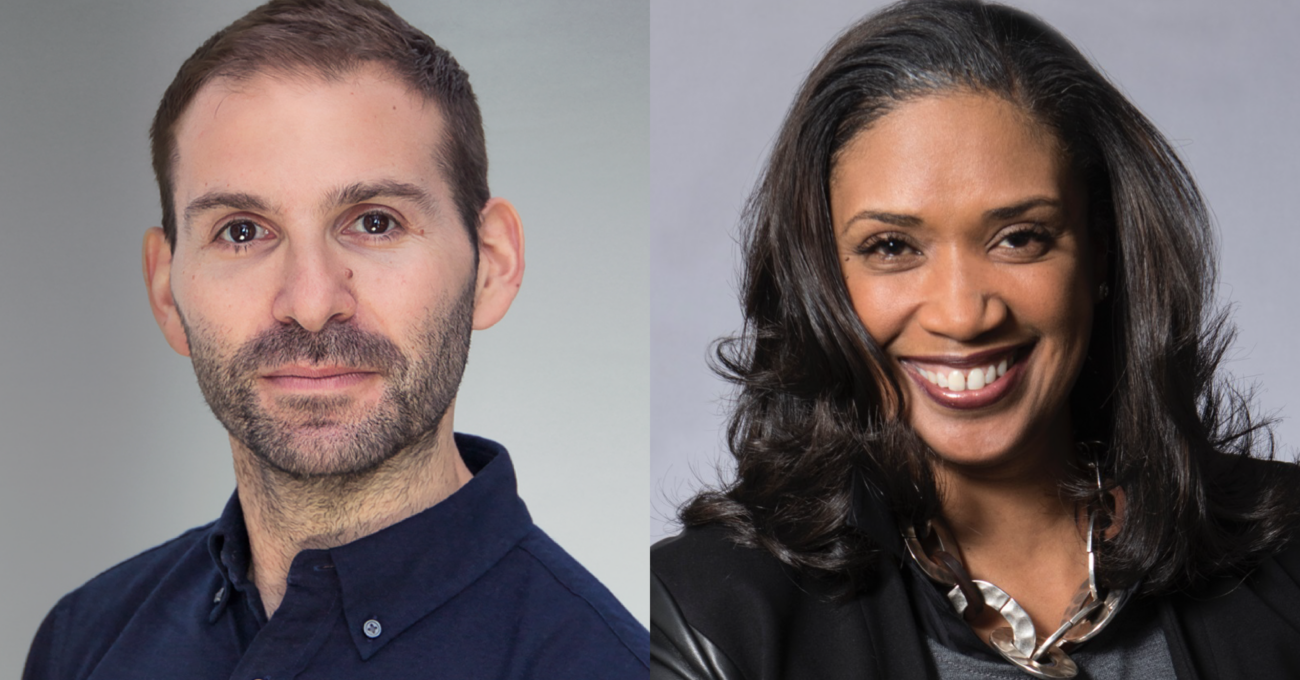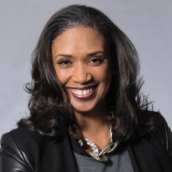
Holding the artistic reins of an organization is no easy feat—especially when that organization has been around for generations and has a deep-rooted legacy. As a leader, how do you honor the rich history of your institution while effectively steering it into the future?
As New York City Ballet celebrates its 75th anniversary season, Artistic Director Jonathan Stafford reflects on the Company’s continued evolution, how they’ve adapted to this new digital era, and the unique challenges of leading such a storied cultural entity.




